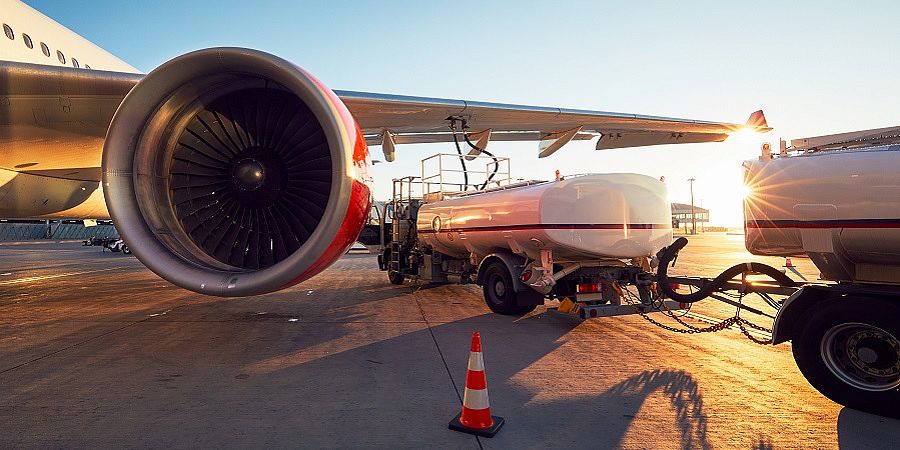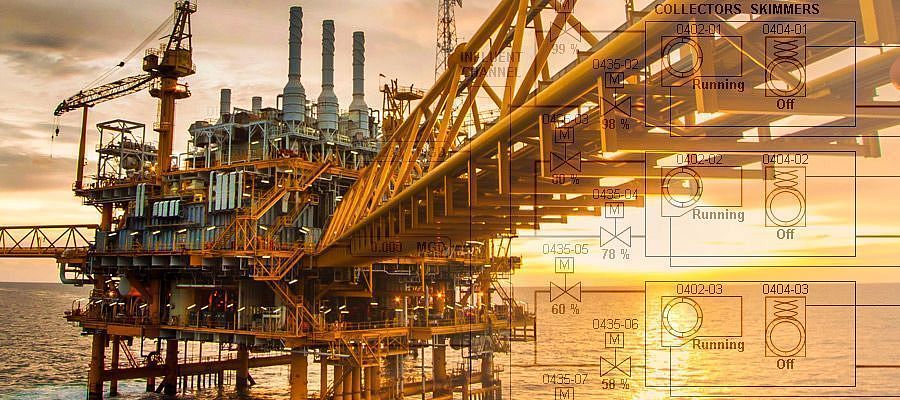Joseph E. Keith, a senior unit manager for Halliburton’s Sperry subsidiary, told the U.S. Coast Guard-Interior Department panel in Houston today that he left his post aboard the Deepwater Horizon for about 10 minutes on the night of the April disaster to drink coffee and smoke half a cigarette.
While he was away from his monitors, pressure data indicated the well was filling up with explosive natural gas and crude, according to charts entered into evidence today by the panel in Houston. Keith said that had he seen the pressure data, he would have “called the rig floor” to warn fellow workers they were in danger.
The April 20 catastrophe killed 11 employees, injured 17, sank the $365 million Transocean Ltd. vessel and triggered the worst offshore oil spill in U.S. history. Millions of barrels of crude gushed into the ocean for almost three months, fouling beaches, fishing grounds and marshes, and bringing deep-water oil exploration in the Gulf of Mexico to a halt.
“Without someone watching those crucial data points, the people working on the rig had no way of knowing something was awry,” Robert L. Cavnar, former chief financial officer for El Paso Corp.’s oil-drilling business and author of “Disaster on the Horizon: High Stakes, High Risks and the Story Behind the Deepwater Well Blowout.”
Halliburton fell 44 cents, or 1.1 percent, to $40.38 at 4:05 p.m. in New York Stock Exchange composite trading.
Screens Bend
By the time Keith came back from his break, the readings on the monitors had returned to normal. Keith told the panel he realized something was wrong later when the screens he used to monitor drilling fluid used in the well began to bend and stretch, and an air-conditioning unit in the ceiling melted.
An internal investigation by BP, the majority owner of the well, found that the rig crew failed to notice signals of impending doom as long as 40 minutes prior to the explosions and fire. The report, released in September, didn’t single out individuals.
After escaping from the 6-foot-by-20-foot trailer where he worked, Keith found the body of a dead colleague on the deck. Keith was one of 115 workers who survived the disaster by boarding life boats or jumping overboard.
More Hearings Set
Keith told the panel that there were multiple maintenance operations underway on the rig as the crew prepared to move the vessel to another project. Under normal circumstances, rig crews limit themselves to one job at a time to avoid confusion, said Cavnar, who has worked on offshore and land-based rigs during 30 years in the oil industry.
“Those poor guys were put in an untenable situation by having so much going on around them at one time,” Cavnar said today in a telephone interview from Tokyo. “The more things you have going on, the harder it is for anyone to keep track of all the moving parts.”
The federal panel began a sixth round of hearings this week. The eight-person board is scheduled to hear testimony from Transocean and BP employees tomorrow and on Dec. 9.







